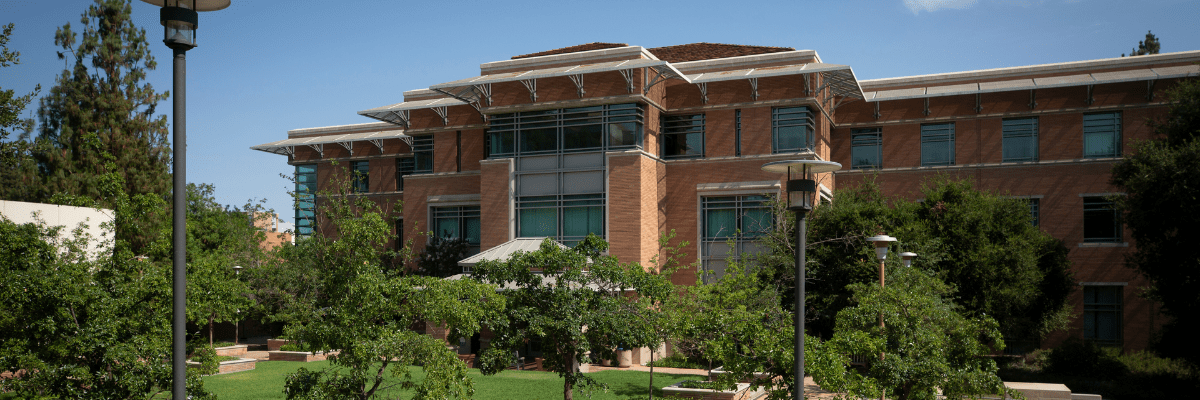Scholarly Communication Services
Scholarly Communication Services support researchers and scholars across all disciplines and career stages at UCR in navigating the publishing landscape, managing scholarly identities, evaluating and increasing research impact, and advocating for open access publishing.
The services the UCR Library provides below are designed to empower researchers through expert guidance, resources sharing, and one-on-one support—not legal counsel.
Resource Highlight
Sign up to receive emails/episodes of Publishing Tips (Season 2) from October 23 to December 4.
Wondering how to get started with publishing? Not sure if you can use AI for your article?
Sign up to receive weekly publishing tips! In this second season, episodes will answer common questions on publishing, mostly about articles, for graduate students/candidates in any discipline and anyone interested. This series is written by Martha Stuit, Scholarly Communication Librarian at UCSC
You will have the option to read tips in your inbox or listen to each episode. While you wait for new emails/episodes, check out the Season 1 archive.
